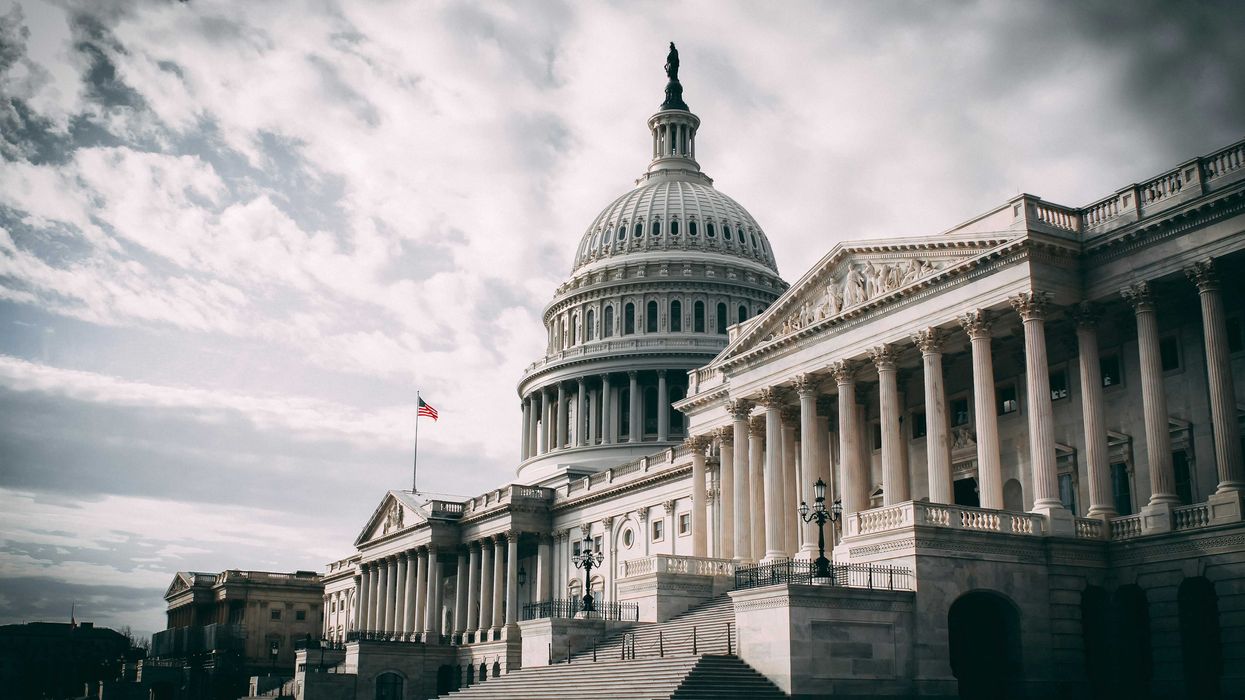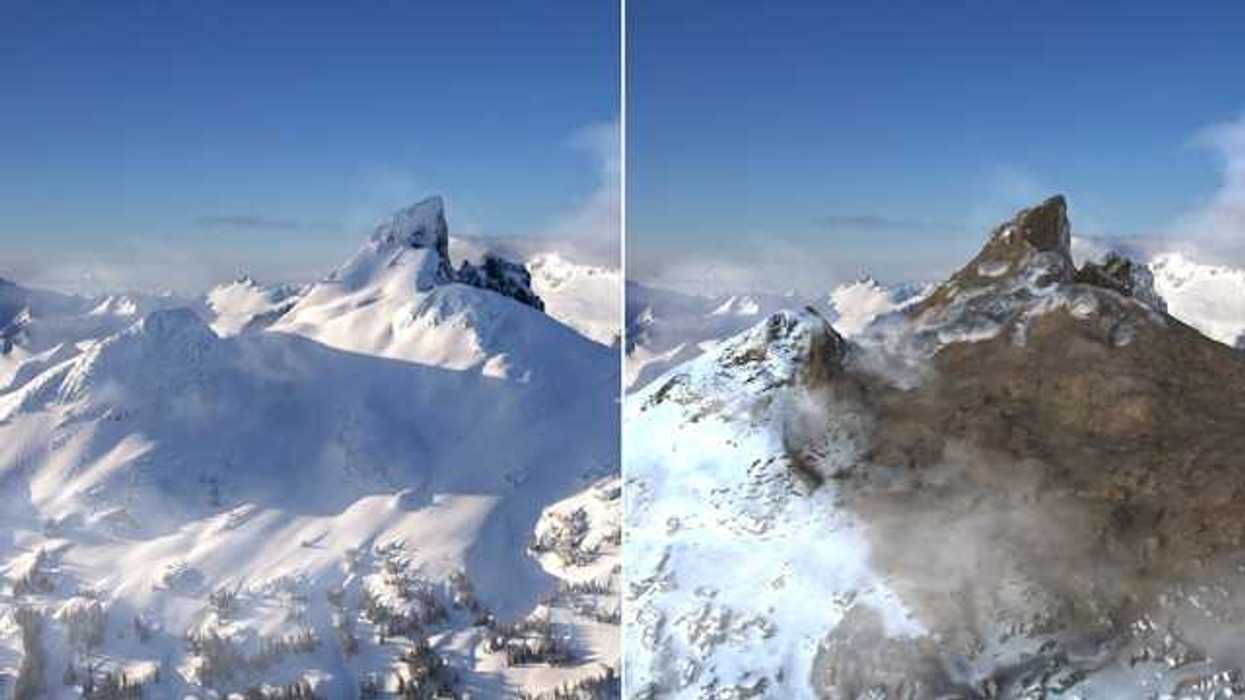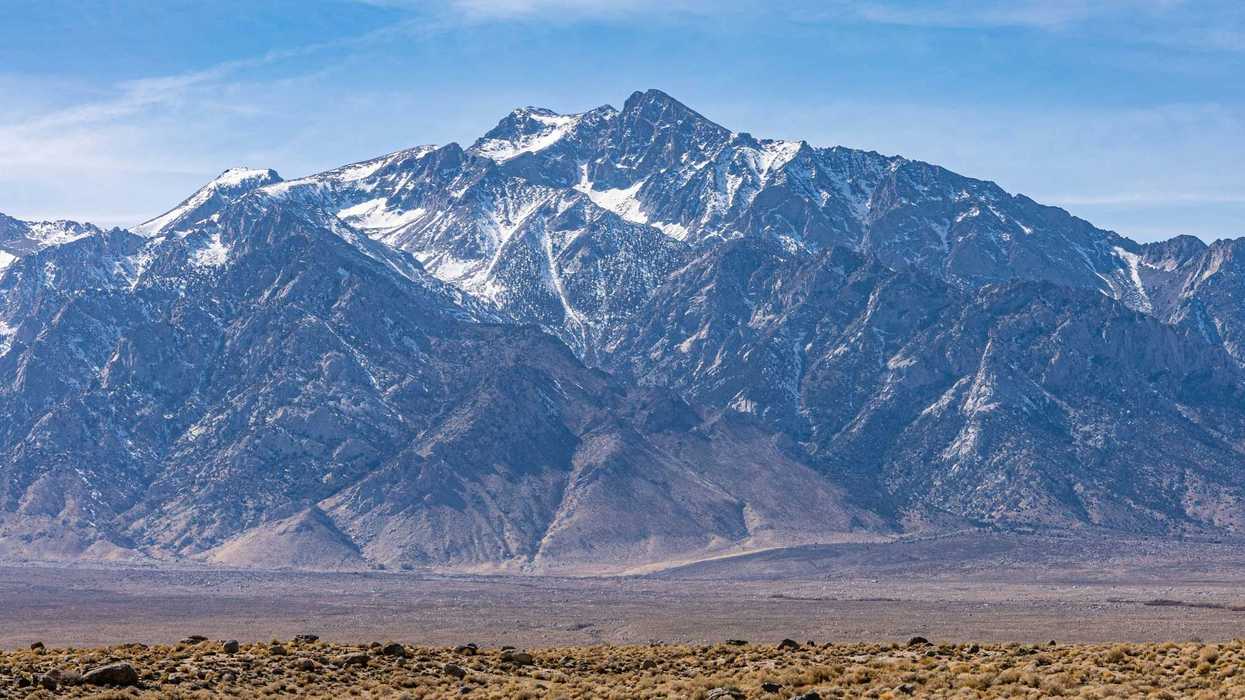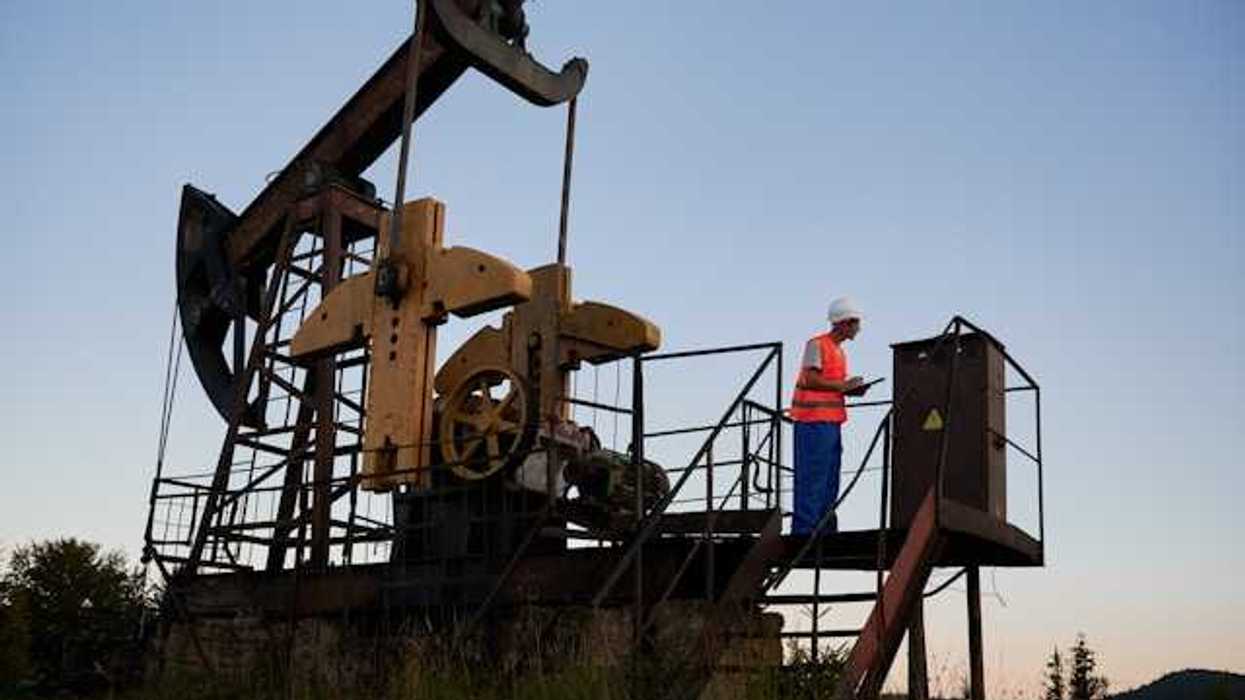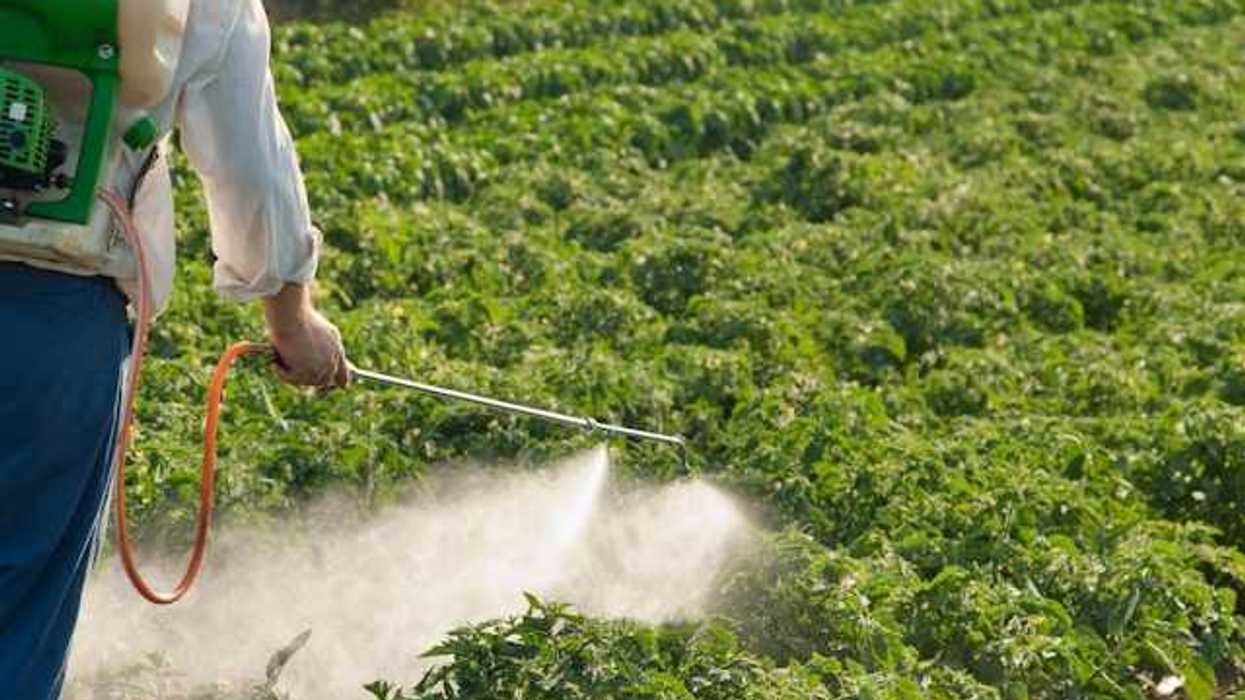Amid a sweeping purge of U.S. government websites, scientists and activists are racing to archive vital health and climate data before it vanishes.
Chris Baraniuk reports for the BBC.
In short:
- Networks of volunteers and scientists are working around the clock to preserve decades of public scientific data — everything from CO₂ levels to disease statistics — being deleted from U.S. agency websites.
- The effort, led by groups like the Public Environmental Data Project, is a direct response to the Trump administration's sweeping rollback of federal science resources, particularly targeting data related to climate change and public health.
- Key tools like EJScreen, once publicly available through the U.S. Environmental Protection Agency, have already disappeared, while long-term datasets essential for tracking climate threats are at risk of being permanently lost.
Key quote:
“It’s stunning to me that, at a time when we’re seeing more intense hurricanes, greater rainfall extremities, more drought, more wildfires – why at that point would we ever imagine cutting the science that is key to addressing those issues, and keeping people safe?”
— Paul Bierman, geomorphologist, University of Vermont
Why this matters:
Without these datasets, researchers lose the tools to understand rising health and climate threats, from respiratory disease to extreme weather. Researchers know what’s at stake, and in basements, back rooms, and makeshift digital bunkers, scientists and volunteers are scrambling to download, duplicate, and rescue whatever they can.
Read more:
- Trump administration undermines American scientific research
- NIH signals end to key research on climate change and health
- Trump administration crackdown halts over 400 NSF research grants tied to equity and studies on misinformation
- We mobilized to defend the EPA in Trump's first term. This time the stakes are even higher.


